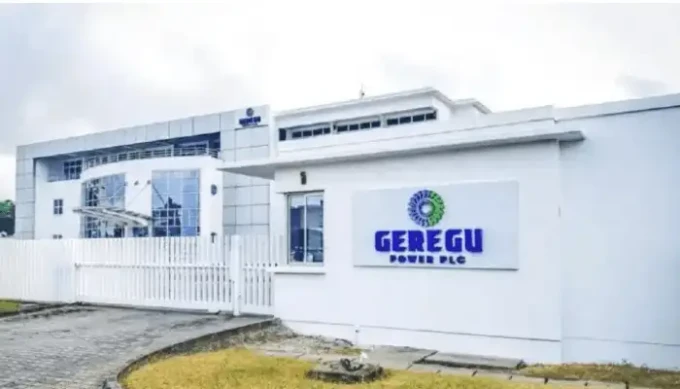The Marrakech International Film Festival recently showcased “Cabo Negro,” a film by Moroccan director Abdellah Taia that explores the lives of two young gay men spending a summer together on Morocco’s northern coast. The film’s screening at the festival has ignited significant discussions about censorship and freedom of expression within Morocco’s film industry.
“Cabo Negro” was among the 70 films featured at the festival and had received official authorization from Morocco’s film authority, the Centre Cinématographique Marocain (CCM), to be shot in the country. Taia, who is openly gay, introduced the film by expressing his desire to depict the reality of Moroccan gays in cinema, aiming to provide the love he felt was missing during his upbringing.
Despite the film’s approval and its selection for the festival, the screening led to immediate controversy. Anticipating potential backlash, festival organizers swiftly escorted the film’s crew away and canceled a scheduled post-film Q&A session with Taia. This reaction underscores the delicate balance filmmakers must navigate between artistic expression and societal norms in Morocco.
The incident has highlighted the broader tensions within Morocco’s film industry. While foreign films containing sexual content can be screened at the Marrakech Film Festival without issue, segments depicting kissing in films like “Titanic” or “Spider-Man” are often censored on Moroccan television. This disparity points to a complex landscape where international cinema is more freely exhibited than domestic productions addressing similar themes.
The controversy surrounding “Cabo Negro” has also sparked debates about the festival’s role and its audience. Some critics argue that the festival serves more as a marketing tool for Morocco, catering primarily to foreign interests, while others believe that supporting local cinema requires a focus on domestic audiences. Mariam El Ajraoui, a Moroccan film scholar, noted that there are differing opinions on whether the festival is a “bling bling” event for foreigners or a genuine platform for local filmmakers.
The screening of “Cabo Negro” and the subsequent reactions underscore the ongoing challenges faced by Moroccan filmmakers in addressing sensitive topics such as sexuality. While the film received international acclaim and was approved by the CCM, its domestic reception reveals the complexities of navigating censorship and societal expectations in Morocco’s film industry.












Leave a comment